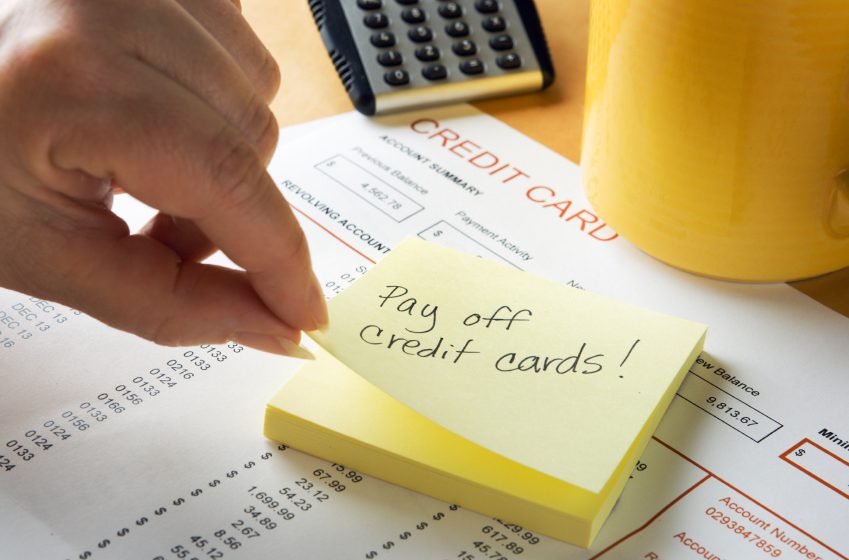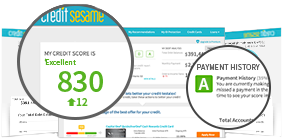Three causes there gained't be considered a 2021 housing industry crash

Why Don't My Credit Cards Ever Show a Zero Balance on my small Credit history? – Credit Sesame

You've done your homework and also you know that paying off your credit cards in full every month is the smart move.. You're avoiding expensive interest fees and you're avoiding excessive credit card debt. And, you will know maintaining a low balance in accordance with the credit limit is a superb way to earn solid credit scores. The cherry on the top is you look at your credit report cards many times each year to ensure the data is accurate.

Get your free monthly credit score! No credit card required!
Learn More!
By all accounts you're well engaged with the important areas of all things consumer credit. But, one thing has you baffled. Every time you check your credit reports the loan cards that you use always show that you have an outstanding balance. How can that be true given that you pay them off each and every month?
The answer is…
Credit card issuers update the information in your credit files just once each month. And, their update occurs soon after your statement closing date. The statement closing date may be the end of you monthly billing cycle. It's also exactly the same date that the balance is decided, that is what's as part of your billing statement.
You'll observe that the balance on your credit history is the same balance as was on your prior month's billing statement. So, if your balance due in September was $1,000 then your balance reported towards the credit agencies as of September may also be $1,000. That's not a coincidence. So long as you get a statement will an account balance more than zero, your credit reports will always show that there's a balance due on your charge card accounts.
Here's how to beat the system
It's correct that if you continue to simply pay your bill entirely by the due date you'll never possess a zero balance on your credit reports. However, there are some legitimate methods to beat the system but they're going to require some strategy on your part. Here would be the two ways to ensure a zero balance shows up on your credit history.
1. Stop while using card for one full billing cycle.
If you pay balance entirely each month BUT then make use of the card again you're going to have a balance later and, therefore, will always have a balance in your credit reports. But, should you pay your bill in full and also stop using the card your next statement have a zero balance due.
This isn't an ideal strategy because people who use credit cards responsibly notice that they make our lives much more efficient and not using it just to force a zero balance on our credit history isn't a viable long term strategy.
2. Pay the total amount entirely through the statement closing date.
Your statement balance is really a product of any unpaid balance carried over in the prior month + interest + fees – payments – credits. If you can have that math to equal $0 then your statement can also get a $0 balance due.
This isn't very hard to accomplish because all you have to do is repay your existing balance online a couple of days prior to the statement closing date. That will result in your balance being zero on your statement. And, it will also create a zero balance on the account as reported to the credit rating agencies. This strategy is much more attractive since you can still use you credit card. But, you'll forgo the grace period because you're paying down the total amount before the billing statement has been generated.





